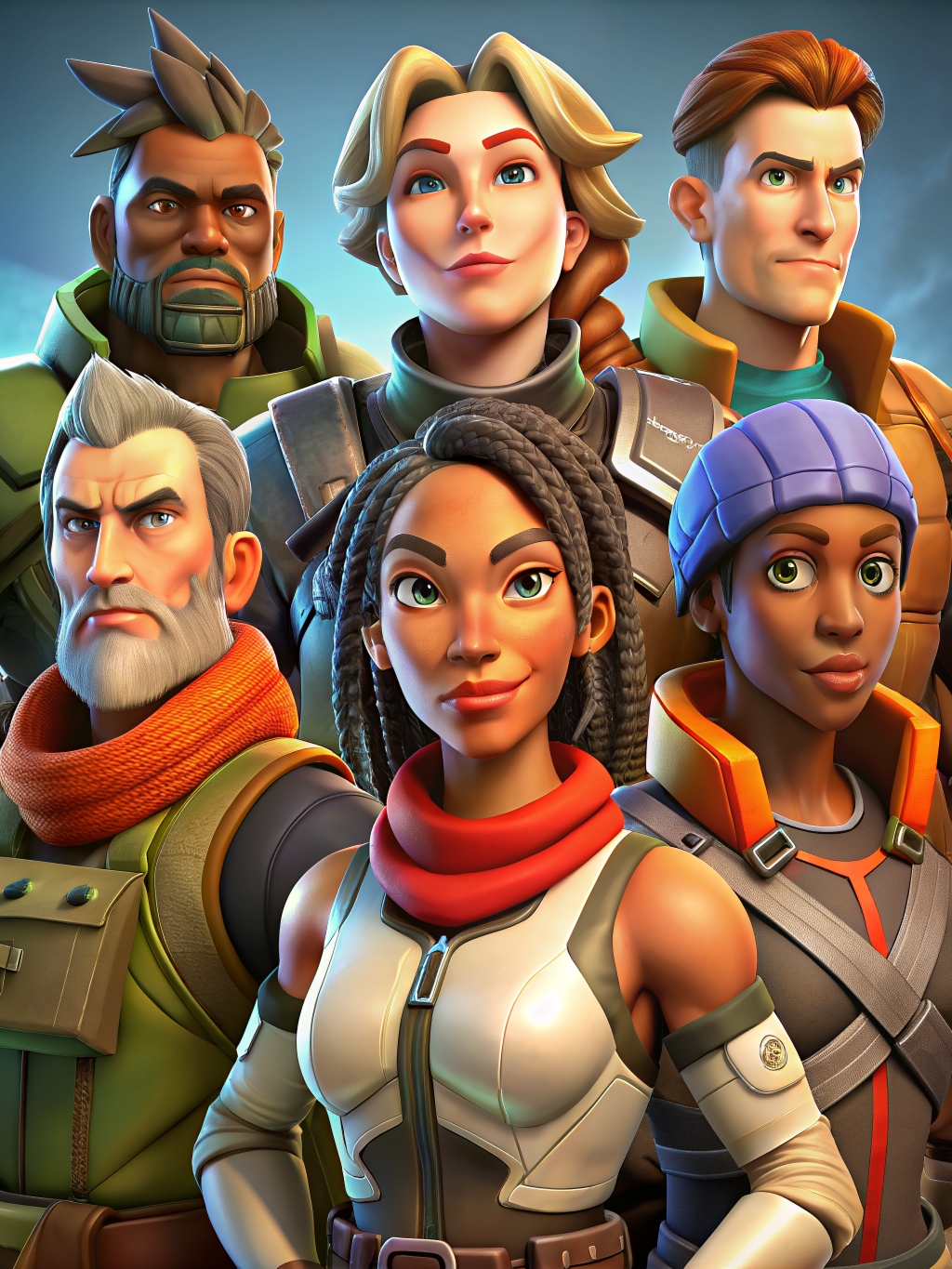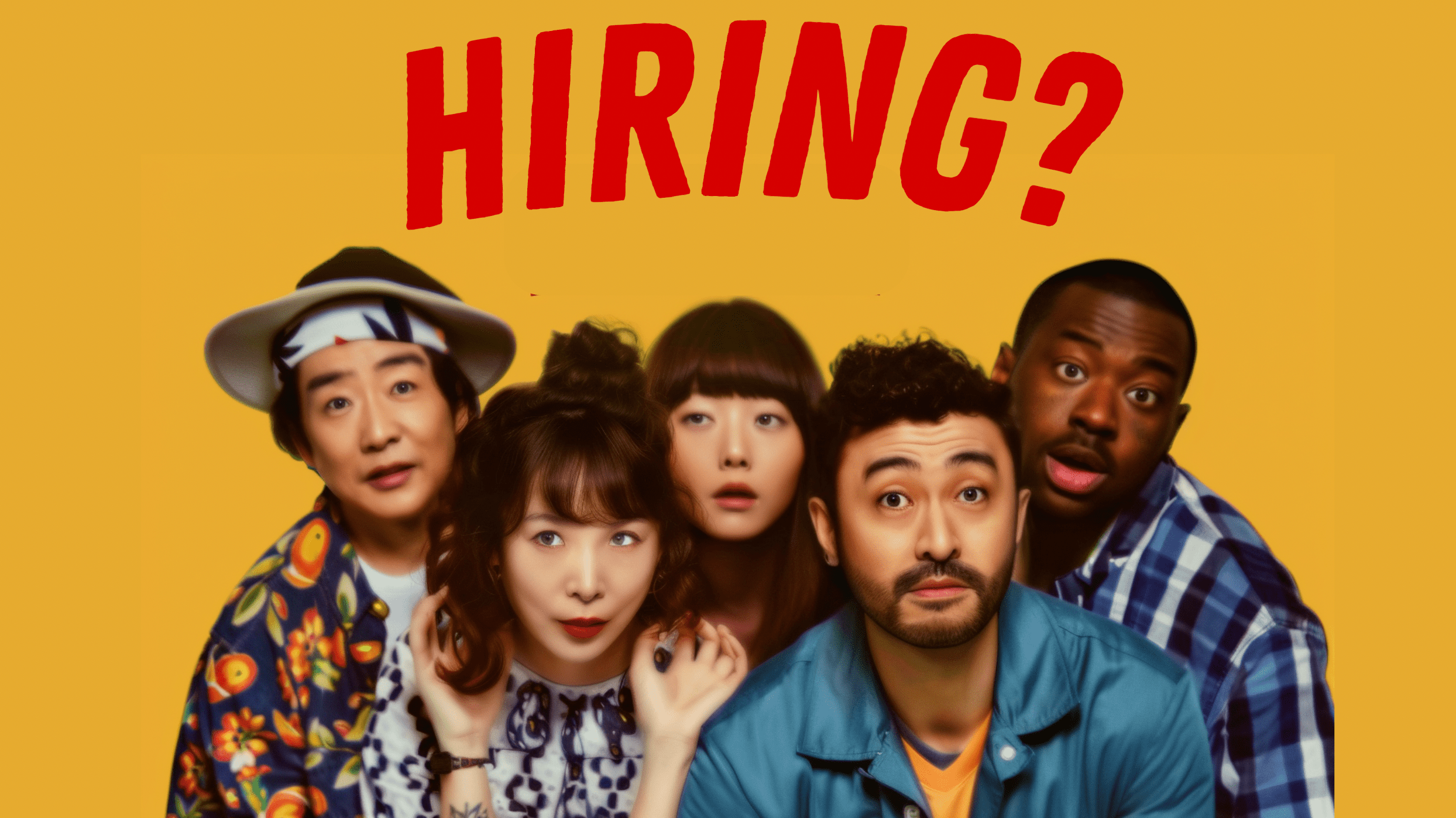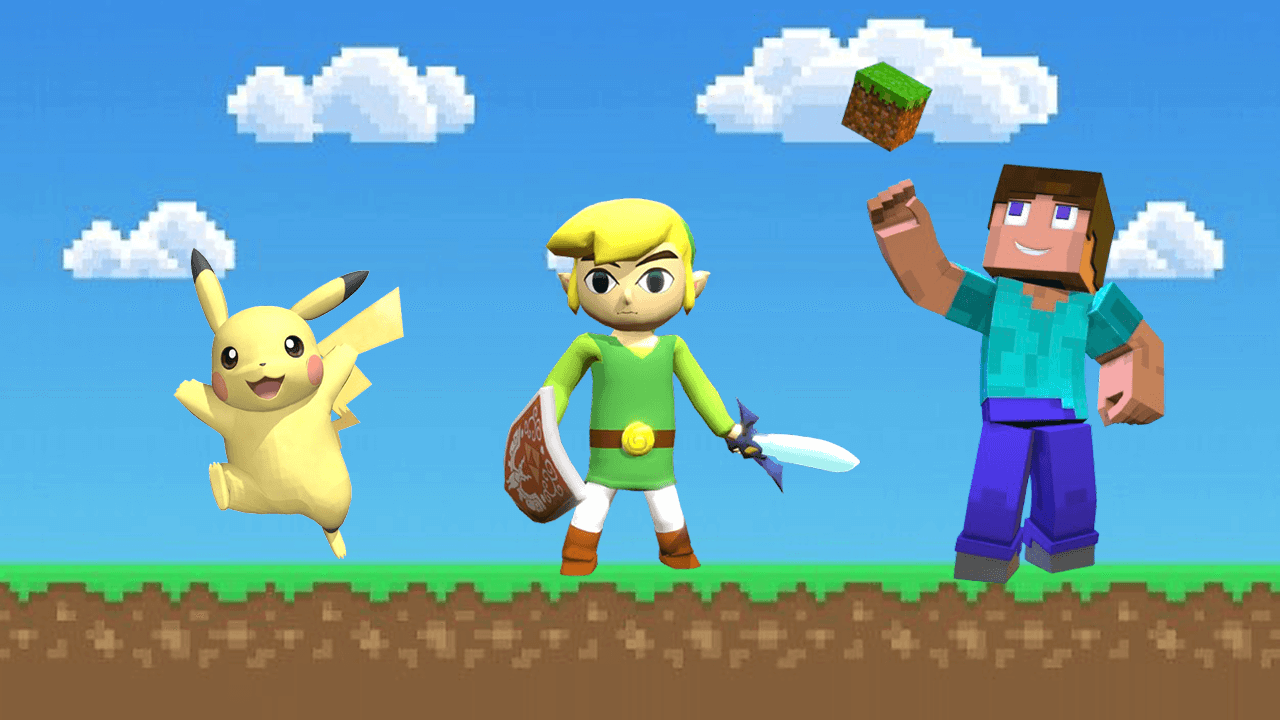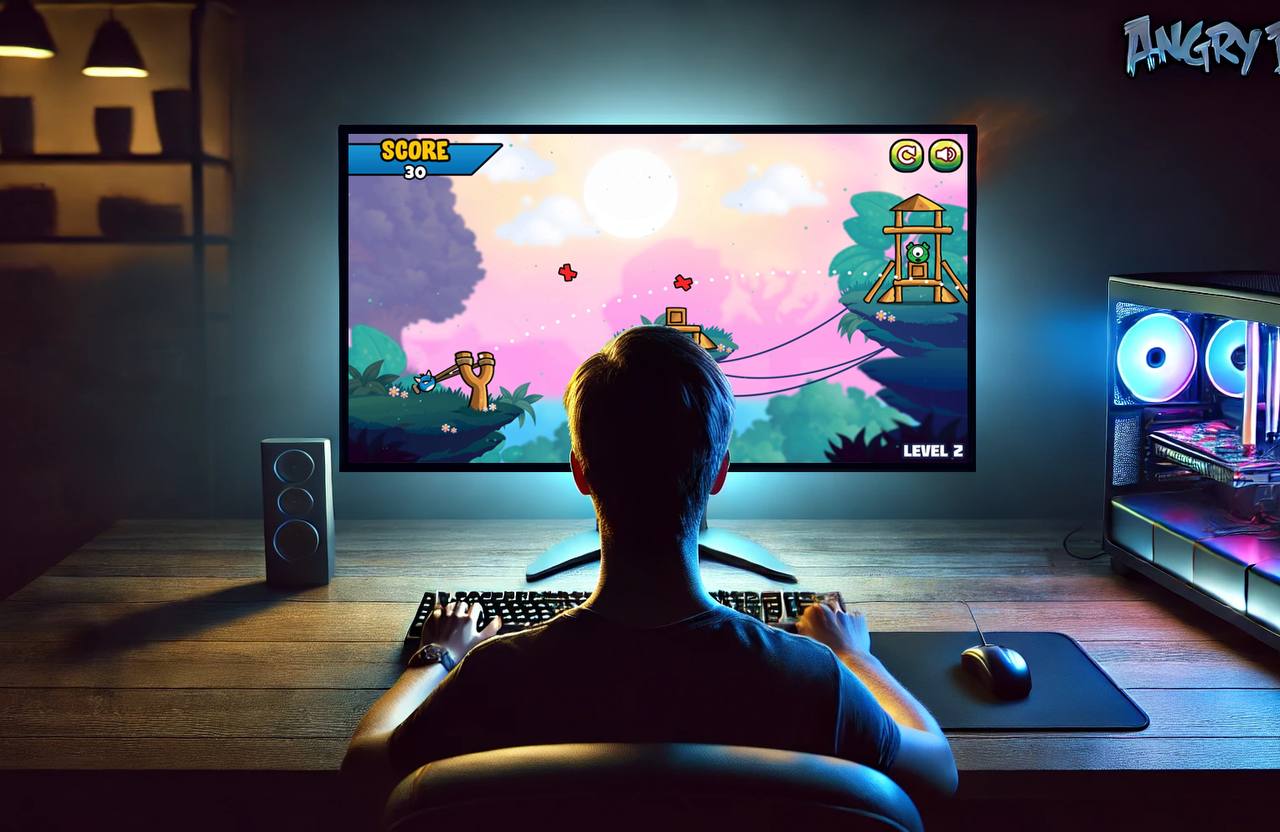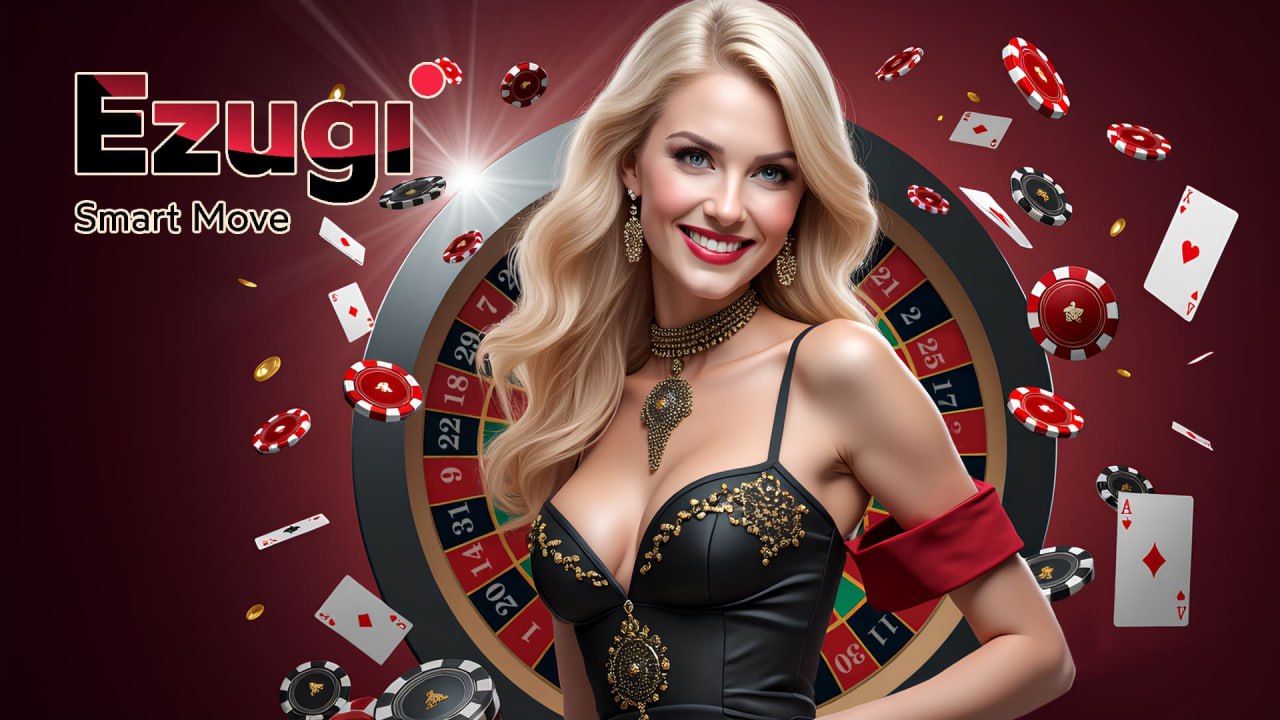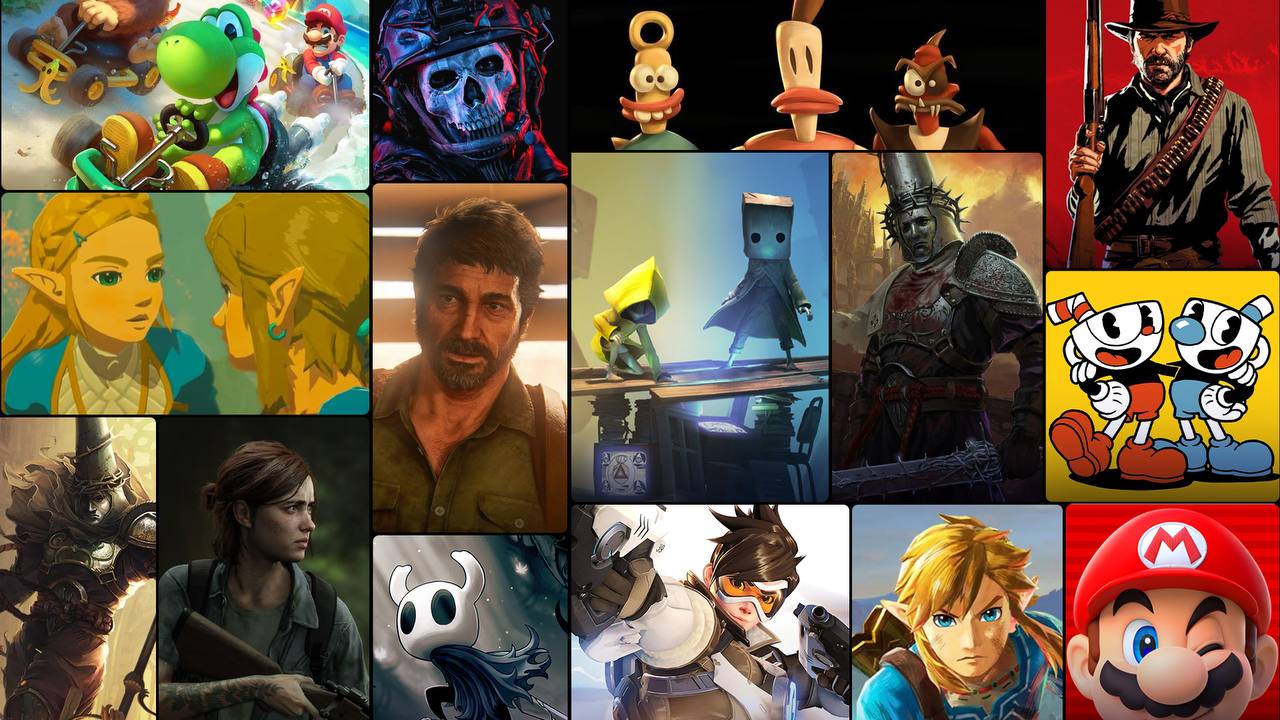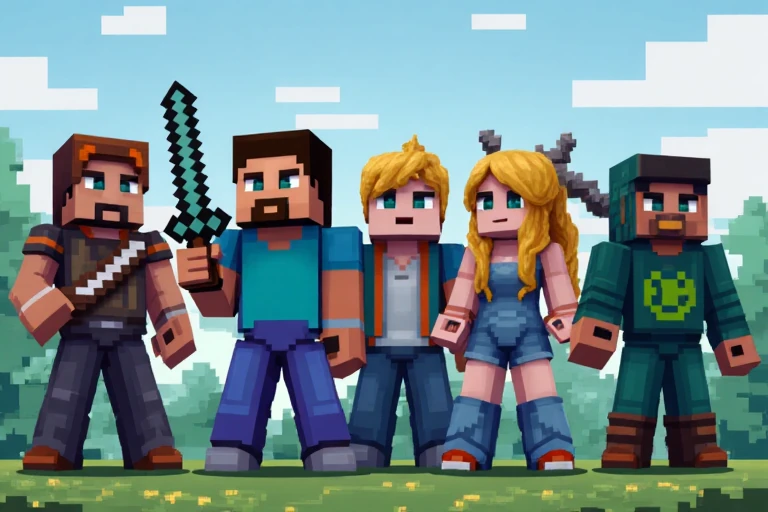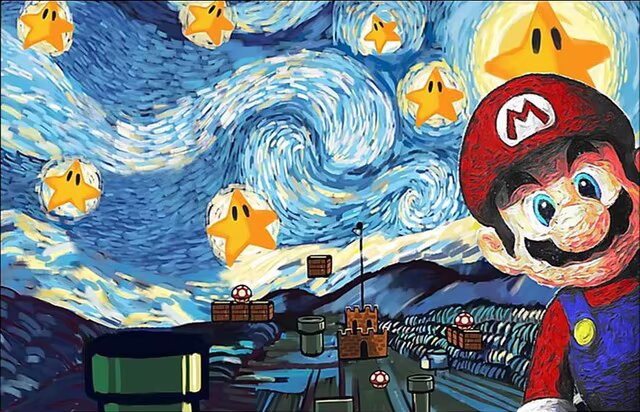Video games are a big part of many people’s lives. They are fun, exciting, and sometimes even educational. But for a long time, there have been problems in the world of video games. One of the biggest problems is bias, which means treating people unfairly. In video games, this often happens with gender and race.
Gender bias means treating people unfairly based on whether they are male or female characters. Racial bias means treating people unfairly because of their race or the color of their skin. These biases can make some players feel left out or disrespected.
In this article, we will learn about how the video game industry is trying to fix these problems. We will see what game makers are doing to make games fairer and more fun for everyone.
Diversity Problem in Game Development
First, it’s important to understand that recognizing a problem is the first step to fixing it. For many years, video games have often shown men as the main characters and heroes, while women were shown as side characters or in weak roles. Also, people of different races were not always shown fairly. This made many players feel unhappy and unimportant.
Several studies have shown these problems. For example, one study found that most main characters in popular video games are white males. Another study showed that women and people of color often get fewer important roles or are shown in negative ways.
Some big companies in the gaming world, like EA and Ubisoft, have spoken out about these problems. They have admitted that their games have not always been fair and that they need to do better. This is a good first step because it shows they are willing to change.
Inclusive Game Design
One way to make games better is through inclusive game design. This means creating games that include and respect everyone, no matter their gender or race.
Game makers are now working hard to create more diverse characters. This means having characters who are male and female, and of different races. For example, games like “The Sims” let players create characters of any race or gender. Another game, “Assassin’s Creed,” now includes strong female characters and characters of different races.
Game stories are also becoming more inclusive. This means telling stories that include different cultures and experiences. In the game “Ghost of Tsushima,” the story is about a Japanese samurai, which helps players learn about Japanese culture.
To make sure they get things right, game makers sometimes use sensitivity readers and cultural consultants. These are people who help the game makers understand different cultures and avoid making mistakes. For example, they can help make sure that characters are shown in respectful ways and that cultural details are correct.
Here is a table with more examples of games that focus on inclusive game design:
| Game Title | Description | Inclusivity Focus |
|---|---|---|
| The Sims | A life simulation game where players can create and customize characters of any race, gender, or age. | Customizable characters of diverse backgrounds |
| Assassin’s Creed Series | An action-adventure series that includes strong female characters and characters of different races. | Diverse characters and historical settings |
| Ghost of Tsushima | An action-adventure game set in feudal Japan, focusing on Japanese culture and history. | Cultural representation |
| Horizon Zero Dawn | Features a strong female protagonist and includes diverse characters in a futuristic world. | Strong female lead and diverse characters |
| Life is Strange Series | Adventure games that explore deep social issues with diverse characters, including LGBTQ+ representation. | Representation of LGBTQ+ and social issues |
| Overwatch | A team-based shooter with characters from various countries and backgrounds, including LGBTQ+ characters. | Diverse international cast and LGBTQ+ inclusion |
| Spider-Man: Miles Morales | Follows a young Afro-Latino superhero, showcasing his cultural background and experiences. | Cultural representation and diversity |
| Black Panther: War for Wakanda (Expansion for Marvel’s Avengers) | Features Black Panther and focuses on African culture and the fictional nation of Wakanda. | African cultural representation |
| Apex Legends | A battle royale game with a diverse cast of characters, including non-binary and LGBTQ+ characters. | Diverse characters and gender representation |
| Celeste | A platformer game that includes a transgender main character, exploring themes of mental health. | LGBTQ+ representation and mental health themes |
These examples show that the gaming industry is making progress in creating more inclusive and diverse games. By including characters and stories that represent different genders, races, and cultures, games can be more enjoyable and meaningful for all players.
Gamedev Initiatives and Policies
Another way the industry is addressing bias is through new initiatives and policies. These are plans and rules that companies create to make things better.
Many companies now have diversity and inclusion training for their employees. This means teaching game makers about different cultures and how to avoid bias. For example, Ubisoft has a Diversity and Inclusion Advisory Board. This group helps make sure their games are fair and respectful.
There are also industry-wide collaborations. This means different companies working together to make the whole industry better. One example is the International Game Developers Association (IGDA) Diversity Committee. This group works to promote diversity and inclusion in all video games.
These initiatives and policies show that companies are serious about making games better. They understand that they need to change, and they are taking steps to do it.
Diverse Hiring Practices
Having a diverse team of people making the games is also very important. This means hiring people of different genders, races, and backgrounds.
Some companies are creating programs to help with this. For example, they offer scholarships and mentorship programs for people from underrepresented groups. This helps more diverse people get into the gaming industry.
Companies also partner with schools and universities to find new talent. They look for students who are interested in making games and help them learn the skills they need. This way, more diverse people can become game developers.
Here are some examples of what companies are doing to promote diverse hiring practices:
- Scholarships and Mentorship Programs: Companies offer financial support and guidance to underrepresented groups to help them enter the gaming industry.
- Partnerships with Educational Institutions: Companies work with schools and universities to find and train new talent.
- Inclusive Recruitment Practices: Companies actively seek to hire a diverse range of employees, including women and people of color.
- Employee Resource Groups (ERGs): These are groups within companies that support and represent diverse employees, providing a platform for their voices and concerns.
- Diversity and Inclusion Training: Training programs that educate employees about the importance of diversity and how to create an inclusive workplace.
- Leadership Development Programs: Programs aimed at helping diverse employees move into leadership positions.
There are already some success stories. For example, some companies have been able to hire more women and people of color. This makes their teams more diverse and helps them create better games. Studies show that having diverse teams leads to more creative and innovative games.
Having leaders who understand the importance of diversity is also crucial. When the leaders of a company believe in diversity, they can make big changes. They can set the right example and encourage everyone to be fair and inclusive.
Community and Player Engagement
The gaming community, which includes all the players, also plays a big role in making games fairer. Game companies are working hard to make sure their communities are inclusive and welcoming.
One way they do this is by having good moderation policies. This means having rules to stop harassment and bullying. They want to make sure that everyone can play games without being picked on because of their gender or race. Some games have tools for players to report bad behavior. This helps the game makers take action against those who break the rules.
Game companies also hold events and discussions about diversity. They invite players to share their thoughts and experiences. This helps the companies understand what needs to change and how they can do better. For example, some companies have online forums where players can talk about these issues.
Players also have ways to give feedback directly to the game makers. They can report problems and suggest improvements. This helps the companies know what is working and what needs to change.
Technological and Analytical Solutions
Technology can also help make games fairer. Some companies use artificial intelligence (AI) and machine learning to find and fix bias in games.
For example, AI can help check if characters are shown fairly and if the stories are inclusive. It can look at the data and see if there are any problems. This helps game makers make changes before the game is released.
Data analytics is another tool. This means looking at data to understand player demographics and preferences. For example, it can show how many players are male or female and what they like about the game. This helps game makers create games that everyone will enjoy.
Some games are already using these technologies. For example, the game “Overwatch” uses AI to make sure players are matched fairly. This helps create a better and more fun experience for everyone.
Challenges and Criticisms
Even though there are many efforts to fix these problems, there are still challenges. Some players resist these changes. They might not understand why diversity is important or they might prefer the old way of doing things. This can make it hard for companies to make changes.
Technology and methods to detect bias are not perfect. Sometimes, they miss problems or make mistakes. This means that game makers need to keep improving their tools and methods.
There are also criticisms of diversity initiatives. Some people think that companies only do these things to look good, but they don’t really care about making changes. This is called being performative. It’s important for companies to show that they are serious about diversity and not just pretending.
There have been some controversies and backlash. For example, when a game includes diverse characters, some players might get angry. They might say mean things online or stop playing the game. This can be discouraging for game makers.
Future Directions of Diversity Game Development
Despite these challenges, there is hope for the future. The gaming industry is always changing, and there are many new trends and technologies that can help.
One prediction is that more games will include diverse characters and stories. As more people from different backgrounds become game developers, they will bring their own experiences and ideas to the games. This will make the games more interesting and inclusive.
New technologies, like virtual reality (VR) and augmented reality (AR), can also help. These technologies can create even more immersive experiences and tell stories in new ways. They can help players understand different cultures and perspectives better.
There are also calls to action for everyone involved in gaming. Game developers need to keep working on being fair and inclusive. Players need to support games that do a good job of this and speak out against bias. Industry leaders need to set good examples and make sure their companies are doing the right things.
All in All
In conclusion, the gaming industry is working hard to address gender and racial bias. There are many steps being taken, from creating more inclusive game designs to hiring diverse teams and using new technologies. There are still challenges to overcome, but the future looks promising.
It’s important for everyone involved in gaming, from developers to players, to keep working towards a fair and inclusive gaming world. This will make games more fun and enjoyable for everyone. By working together with eJaw, we can create a gaming industry that respects and includes everyone, no matter their gender or race.


